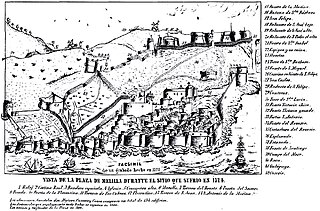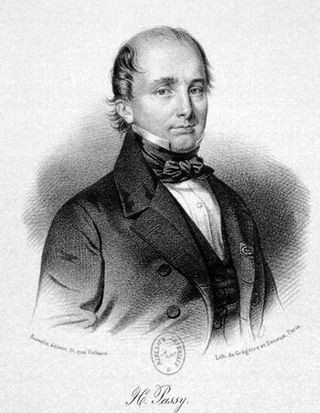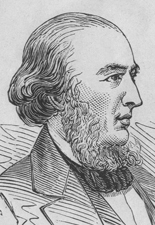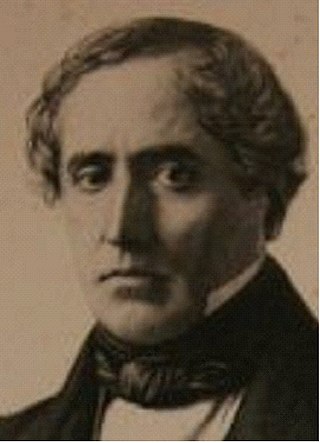Related Research Articles

1774 (MDCCLXXIV) was a common year starting on Saturday of the Gregorian calendar and a common year starting on Wednesday of the Julian calendar, the 1774th year of the Common Era (CE) and Anno Domini (AD) designations, the 774th year of the 2nd millennium, the 74th year of the 18th century, and the 5th year of the 1770s decade. As of the start of 1774, the Gregorian calendar was 11 days ahead of the Julian calendar, which remained in localized use until 1923.

1775 (MDCCLXXV) was a common year starting on Sunday of the Gregorian calendar and a common year starting on Thursday of the Julian calendar, the 1775th year of the Common Era (CE) and Anno Domini (AD) designations, the 775th year of the 2nd millennium, the 75th year of the 18th century, and the 6th year of the 1770s decade. As of the start of 1775, the Gregorian calendar was 11 days ahead of the Julian calendar, which remained in localized use until 1923.

The Paris Police Prefecture, officially the Police Prefecture, is the unit of the French Ministry of the Interior that provides police, emergency services, and various administrative services to the population of the city of Paris and the surrounding three suburban départements of Hauts-de-Seine, Seine-Saint-Denis, and Val-de-Marne. It is headed by the Paris Prefect of Police, officially called the Prefect of Police.
The Ministry of Agriculture, Agrifood, and Forestry of France is the governmental body charged with regulation and policy for agriculture, food, and forestry.

The Minister of Transport is a cabinet member in the Government of France. The post is currently that of a junior minister within the Ministry of Ecological Transition and Territorial Cohesion.
The Minister of Posts and Telegraphs, to which was later added the charge of Telephones, was, in the Government of France, the cabinet member in charge of the French Postal Service and development of the national telecommunication system. The position was occasionally combined with Minister of Commerce and Industry or Minister of Public Works. The ministerial position does not currently exist, and its portfolio has largely been merged into other ministerial positions.

The Minister of Worship was a cabinet member in the Government of France responsible for overseeing the French government's relationship with religions. An area of particular attention was the Roman Catholic Church's role in public education, and the portfolio of Minister of Worship was frequently combined with "Minister of Public Education". After the founding of the Third Republic in 1871, the Jules Ferry laws and the 1905 law on the separation of the State and the Church, the Minister of Worship was combined with the Minister of Interior. Thus, it is in that quality that the previous Interior Minister Nicolas Sarkozy created in 2003 the CFCM.
Events from the year 1932 in France.
Events from the year 1775 in France.

Hippolyte Philibert Passy was a French cavalry officer, economist and politician.

Charles Louis de Saulces de Freycinet was a French statesman who served four times as Prime Minister during the Third Republic. He also served an important term as Minister of War (1888–1893). He belonged to the Moderate Republican faction.

François Jean Léon de Maleville was a French politician. Under the July Monarchy he was a deputy from 1834 to 1848. During the French Second Republic he was a representative in the Constituent Assembly in 1848–49, and was Minister of the Interior for a few days in 1848. He was a representative in the Legislative Assembly in 1849-52, and was again elected as representative in 1871-75, and as Senator from 1875 until his death in 1879.

Paul Jean Pierre Sauzet was a French lawyer and politician from Lyon who was Minister of Justice and Religious Affairs for a few months in 1836 and was President of the Chamber of Deputies from 1839 until the February Revolution of 1848.

Pierre-François Audry, called Audry de Puyraveau was a French politician. He was a deputy during the Bourbon Restoration. He played a key role in the July Revolution, and was a deputy during the July Monarchy. In his old age he was a Representative in the Constituent Assembly after the Revolution of 1848.
The Ministry of Justice and Public Security is a ministry of the Government of Haiti. This ministry is responsible for law enforcement roles, along with playing an integral role in the Prime Minister's Cabinet.

Lucien Dautresme was a French politician of the French Third Republic. He was minister of commerce in the government of Henri Brisson and minister of commerce and industry in the government of Maurice Rouvier and Pierre Tirard. He was a member of the Chamber of Deputies of France from 1876 to 1891 and the Senate of France from 1891 until his death.

Jean-Pierre Lamotte-Rateau was a French lawyer and politician who represented the department of Charente in the Constituent Assembly and then the Legislature during the French Second Republic. He is known as author of the Rateau proposal to dissolve the Constituent Assembly before all the organic laws had been passed, this preventing any reduction in the powers of the President Louis Napoleon Bonaparte.
References
- ↑ Todisco, Umberto (1969). Le personnel de la Cour des comptes (1807-1830). Librairie Droz. p. 84. ISBN 978-2-600-03361-9.
- 1 2 3 4 5 6 7 8 9 France, Académie d'agriculture de (1877). Mëmoires. pp. 385ff.
- 1 2 3 "TIRARD Pierre". Senate of France. Retrieved 13 July 2015.
- 1 2 "Maurice, Pierre ROUVIER". Assemblee Nationale. Retrieved 13 July 2015.
- 1 2 3 "Pierre LEGRAND". Assemblee Nationale. Retrieved 13 July 2015.
- ↑ "Anne, Charles HÉRISSON". Assemblee Nationale. Retrieved 13 July 2015.
- 1 2 "Lucien, Auguste DAUTRESME" (in French). Assemblee Nationale. Retrieved 13 July 2015.
- ↑ "Edouard SIMON DIT LOCKROY". Assemblee Nationale. Retrieved 13 July 2015.
- ↑ Jolly, Jean (1977). "Georges, Edouard, Félix BONNEFOUS". dictionnaire des parlementaires français de 1889 à 1940 (in French). Retrieved 15 July 2015.
- ↑ Neri-Ultsch, Daniela (2005). Sozialisten und Radicaux - eine schwierige Allianz: Linksbündnisse in der Dritten Französischen Republik, 1919-1938. Oldenbourg Verlag. p. 512. ISBN 978-3-486-57689-4.
- ↑ "Décès de l'ancien ministre Jean-Marcel Jeanneney". La Croix. 17 September 2010. Retrieved 14 July 2015.
- ↑ "Yves GUÉNA". Constitutional Council. Retrieved 14 July 2015.
- ↑ "Jean-Pierre Raffarin". Government of France. Retrieved 14 July 2015.